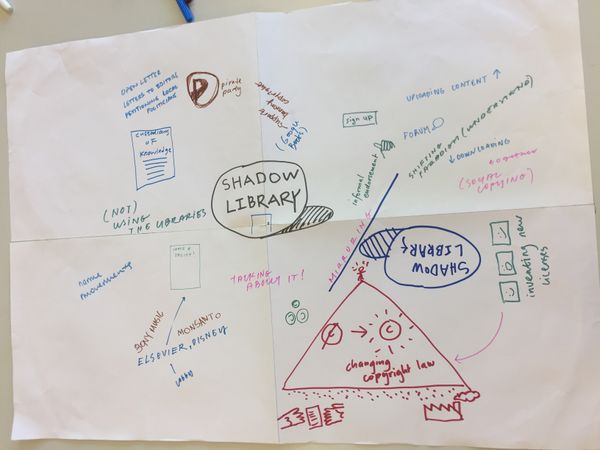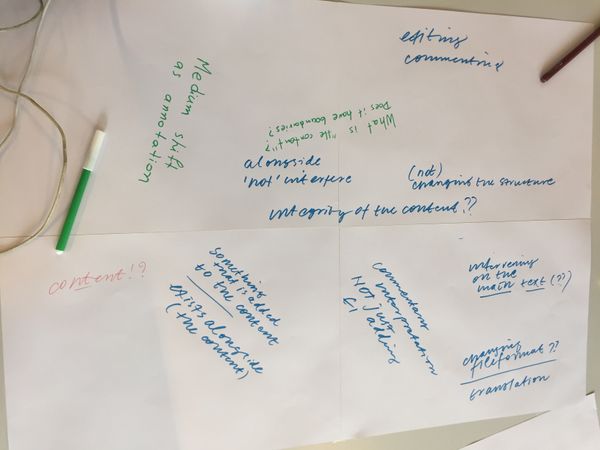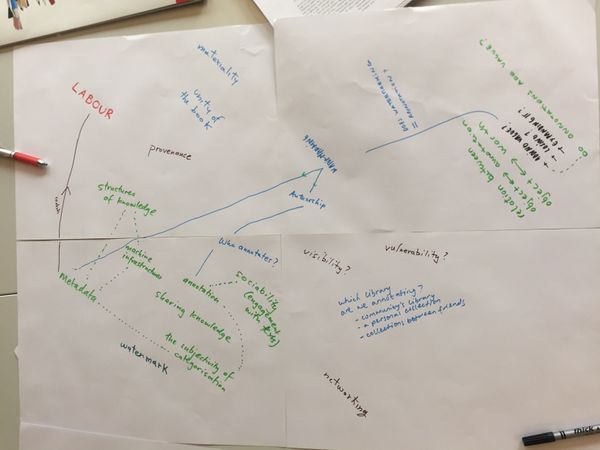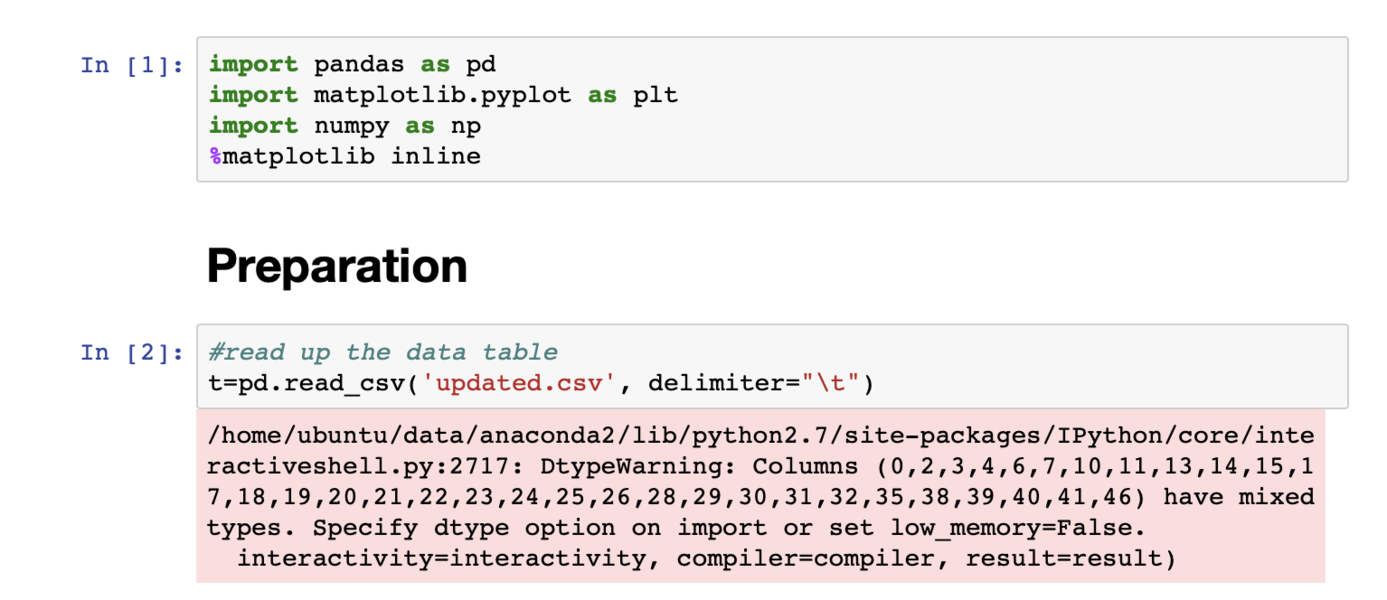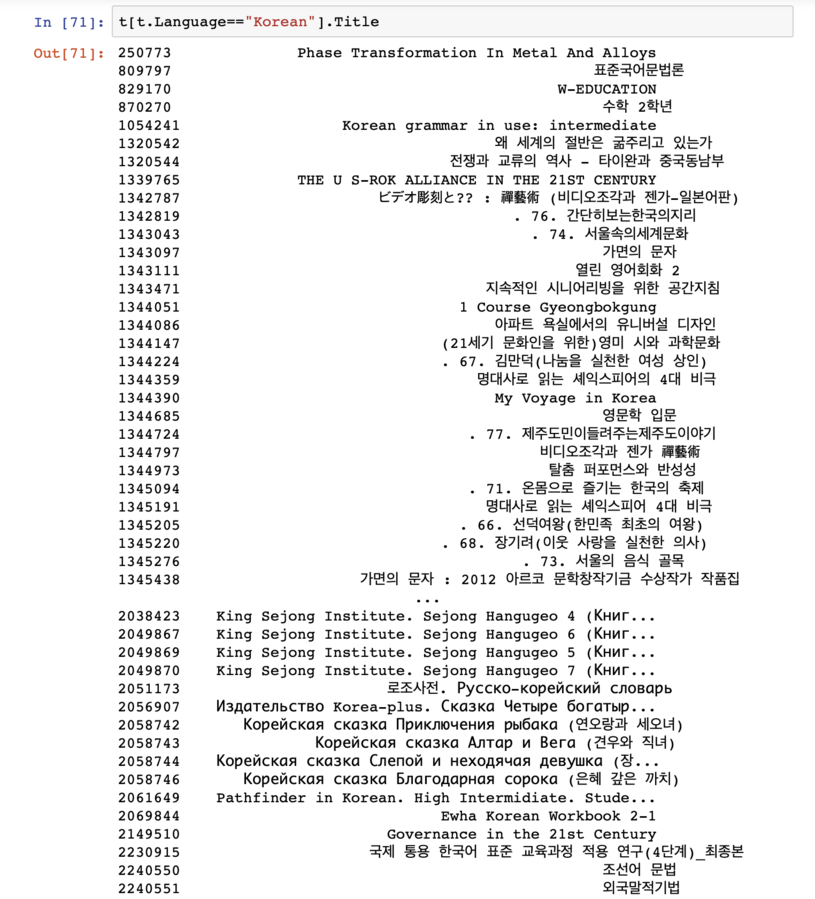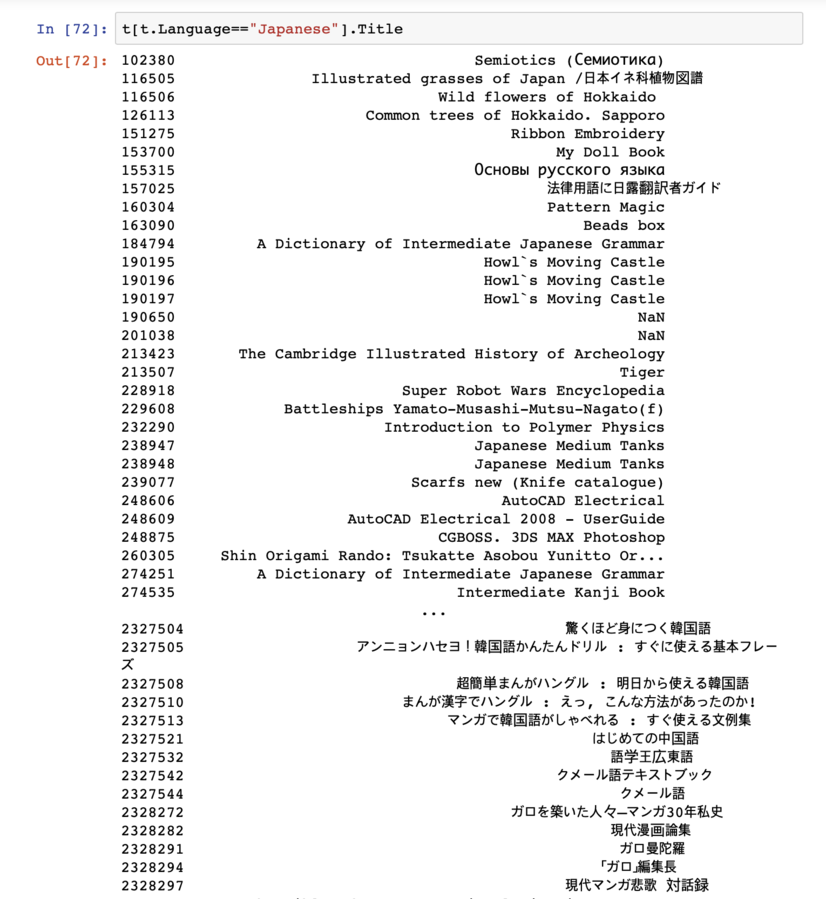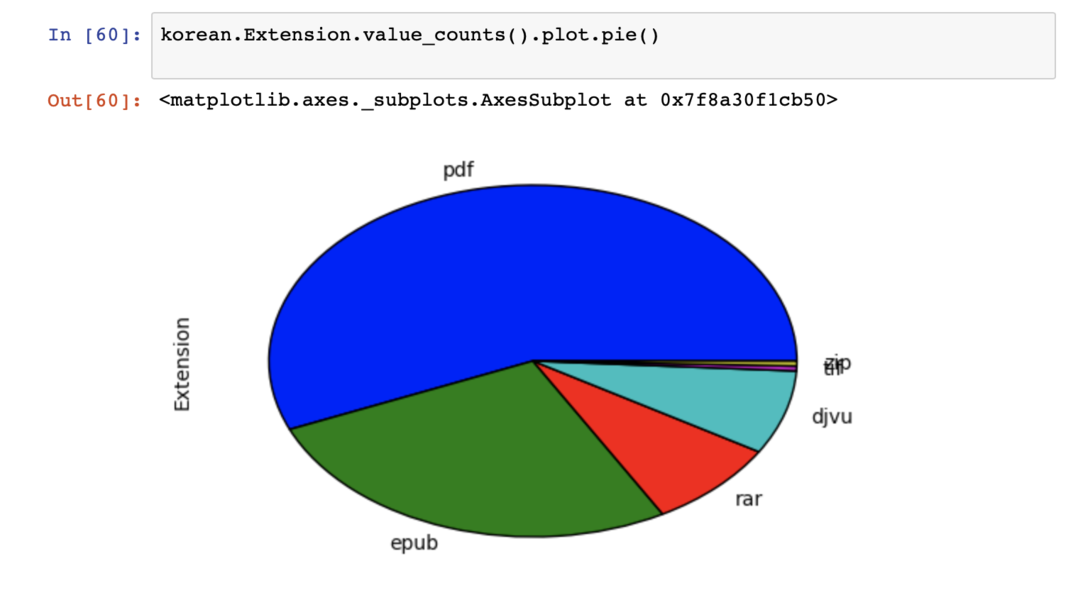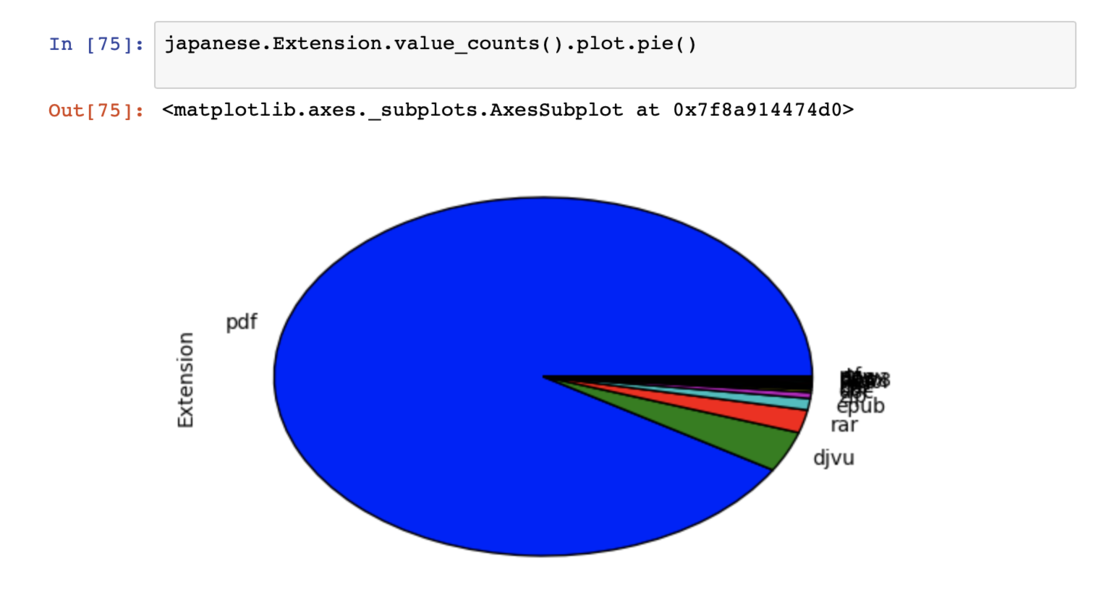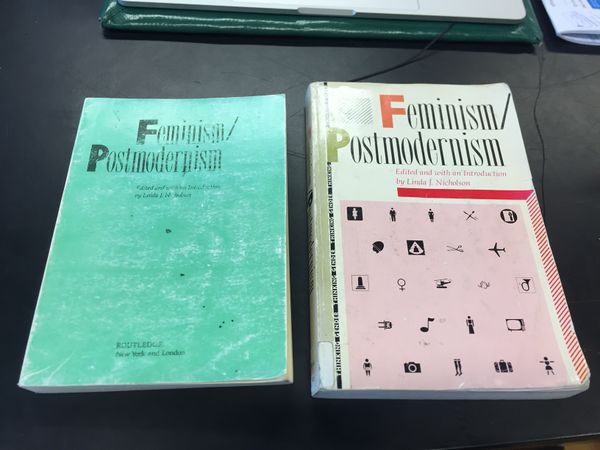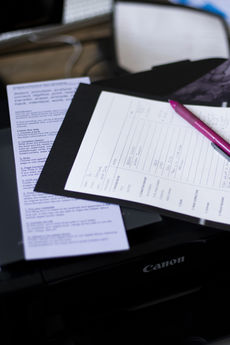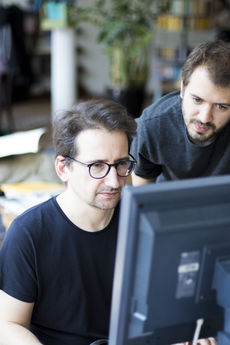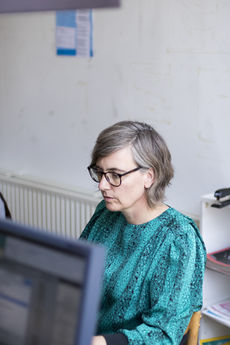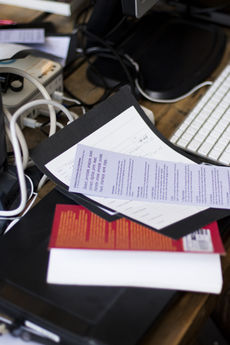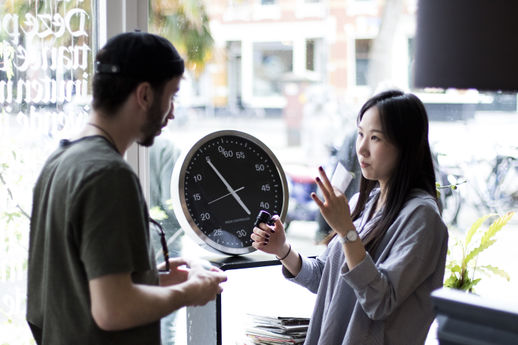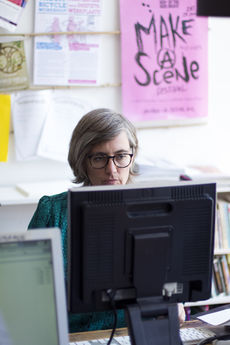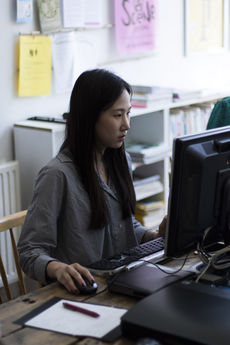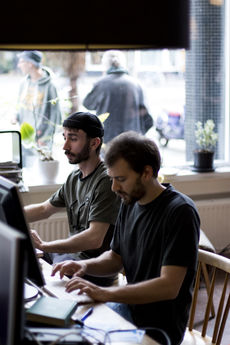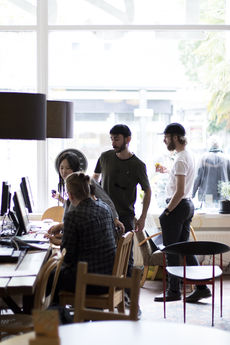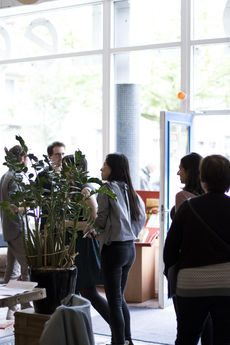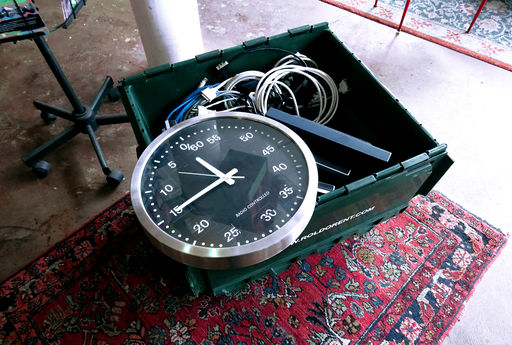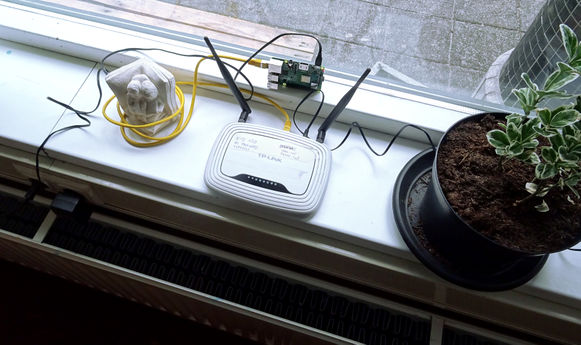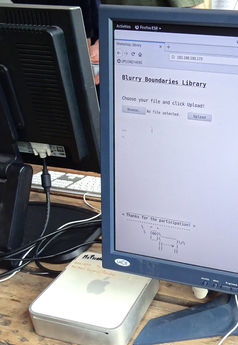User:Bohye Woo/Special Issue 9: Difference between revisions
| Line 185: | Line 185: | ||
===Tool?=== | ===Tool?=== | ||
Exiftool | Exiftool | ||
==Blurry Boundaries Workshop== | |||
===Introduction=== | |||
Welcome to our {frictions, gain or loss} workshop. When one medium {physical book} is transferred to another {digital book}, situations that happen in the process are unintentionally invisible. | |||
Through the workshop, we will experience what are the steps necessary to build a phygital {physical-digital} library and reveal meticulously on what is the hidden labour and work process behind it. | |||
With this activity, we aim to reflect upon the physicality of a book when it is converted into a digital file, and vice versa. | |||
During the workshop we will question together on how we keep what is lost during these steps and how we could increase the life of the source. | |||
<gallery mode="packed" heights="230px"> | |||
File:00002.jpg | |||
File:00003.jpg | |||
File:00004.jpg | |||
File:00006.jpg | |||
File:00007.jpg | |||
File:00008.jpg | |||
File:00009.jpg | |||
File:000010.jpg | |||
File:000011.jpg | |||
File:000012.jpg | |||
File:000013.jpg | |||
File:000014.jpg | |||
File:000015.jpg | |||
</gallery> | |||
Revision as of 13:16, 9 July 2019
Interfacing the law 2019
Pirate libraries, shadow libraries, piratical text collections, amateur digital libraries, peer produced libraries and how to read them together.
- Letter 1: In solidarity with Library Genesis and Sci-Hub
- Letter 2: Alexandra Elbakyan to Mr. Robert W. Sweet
- Letter 3: Dear participants in Interfacing the law!
WORKSHOP WITH FEMKE
Thursday 18 April
11:00 Intro: m-e-t-h-o-d-o-l-o-g-i-e-s (or not)
11:15 Q + Q
12:00 Response-ability
13:00 Lunch / move to Museumpark
14:00 Phenomenal cartography
15:30 s\p\e\l\l\i\n\g and/or Diffractive reading and/or Renaming|reframing
17:00 Feedback + next session
Download kit: m-e-t-h-o-d-o-l-o-g-i-e-s (or not)
Workshop with Bodo Balasz
Travel to Riedveld Library
https://pad.constantvzw.org/p/rietveld_library
http://catalogue.rietveldacademie.nl/about.html
Workshop with Eva Weynmayr
Borrowing / Poaching / Plagiarising / Pirating / Stealing / Gleaning / Referencing / Leaking / Copying / Imitating / Adapting / Faking / Paraphrasing / Quoting / Reproducing / Using / Counterfeiting / Repeating / Translating / Cloning / Silencing / Editing / Omitting / Reducing / Appending / Redirecting / Recontextualising / Focusing / (Faithfully) Reproducing / Caring / Reformatting / Bootlegging / Reframing / Retracing
BOOK 1 — Feminism/Postmodernism
- Reproducing (but not exactly.) Producing again - not reproducing. improving materiality (imposition, bindng), adding value
- Localizing
- Crafting
This book was photocopied and assembled in a copy store, when asked by a client not imitating, or copying. the design of the cover is clearly different. it doesn't try to reproduce perfectly, or faking it. There are design decisins made. Spine writing updide down. (recultured)
What is the price of these books? What is the price of a reprodution? Original book: 35dollars, in amazon.us
- Cover
Wouldn't it be easy to photocopy the whole cover? It was a choice to only have the title and other elements, probably took more time if they had to use a paper to hide the other elements in the photocopy machine. Back cover is also very different: no information about the author, or short biography. the emphasis on the author is removed.
- Spine
Authoratitive book has title from top to bottom. Reproduced one has from bottom to top. it's crafted. (Crafting)
- Format
Printed Size, Paper, Binding are slighly different. deliberate decision: bit smaller size than A5: maybe they chose this size of their convenience for printing?
- Digital copy from LibGen:
The cover is same The contents are photocopied. There is no Back-cover.
In the authoritative copy there's a paper reminding the person who borrowed the book to put it back, this in 2004.
BOOK 2 — A Room of One's Own
- Adapting
- Caring
- Adding
- Quoting
- Inserting
- influencing
- opinioning
- bringing into conversation
- layering
- merging
marginal notes, very simillar approach with the annotated text we were doing in Steve's class
How many people were involved?
You can see the photocopy marks.
The notes are all readable in terms of having their own space, they are not all on top of each other. How was this done? Someone designed and edited the notes, or are all the authors using the same book? Is this one book annotated by different people, or many books annotated by the owner of each copy of the book?
Very subjective vision, your reading is being interrupted by others' thoughts. The authorship is shared, collective way of reading and writing: Authorship is participative. Interdependent. You trasmit your knowledge, the reading is shared
Cover looks like Reclam publisher, but different. Just like the Feminism/Postmodernism cover of the copy, it doesn't try to reproduce perfectly, or faking it.
Workshop with Dusan Barok
Tuesday 4 June
XPUB1 Special Issue 9: 10:00 - 17:00 / with Dusan + Femke in the small project space
Workshop with Dusan Barok
10:00 Discuss launch, plans, TODO-lists (Femke)
11:00 Dusan Barok on Monoskop
13:00 Lunch
14:00 Dusan on annotation; return to plans together
File:WORKSHOP INTERFACING THE LAW.PNG
Anonymity and acknowledgment on (hidden) (digital) labor in shadow library
Authorship - economy
Subjective of categorization as a form of annotation
Labour - collectivity?
How metadata is edited in this libraries and how is the work that is behind that
Harvesting of full metadata sets from libgen for example
- Relation between authorship and work.
- Anonymity vs acknowledgment.
Story?
Thinking about authorship in the context of hidden labour in shadow libraries, I question what does it mean to possess authorship when an act of pirating is happened, how can authorship be made, what are hidden accumulated labours that we don't see physically. These labours are made by sharing, editing, scanning, modifying, downloading files, however, these materials are usually not being considered as part of 'content' as annotation, it is considered to be ignored or intentionally hidden. What, Why, and how are they hidden, how can we divulge? Do we want to acknowledge on our labour or leave it anonymously?
Method? (How to?)
— Stretching the Idea of Shadow(ing): The meaning of shadow is an area of darkness, being blocked by something, and being unofficial. And the meaning of Shadowing is a method for observing the ultrastructure of biological specimens by increasing visibility of electron microscope in order to see cells minutely. If I think of 'Shadowing' in the context of hidden labour in shadow libraries, an act of shadowing is that zooming-in the invisible layer of the library to witness traces of what is being hidden.
Workshop?
Knowledge labour in the pirate library/ Being a knowledge labourer means to download, to edit, to modify, and to upload files — finding out what labours were spent when pirating.
How?
Diving into a forensic way of investigation on labour: In order to reveal the hidden labour in shadow library, Participant will be a detective to find digital labour footages. Being in a detective mode, we'll track down traces/labours that are made throughout the process of select, copy, scan, upload, download, modify, edit, categorize files and put metadata etc...
New knowledge?
Being as a knowledge labourer, you are aware of thinking on the concept of acknowledgment on hidden labours in shadow library.
A role of annotation?
Annotation becomes a tool to acknowledge hidden labour produced in shadow libraries. It will be considered as more like a investigation(workshop) report on revealing the hidden labour.
Aim?
To experience the behind scene of what's going on in pirate libraries To be aware of legality, anonymity, and acknowledgment. To find out what possible digital labours were being hidden, and why is it important to think of? To understand anonymity in pirating and acknowledging its authorship.
Tool?
Exiftool
Blurry Boundaries Workshop
Introduction
Welcome to our {frictions, gain or loss} workshop. When one medium {physical book} is transferred to another {digital book}, situations that happen in the process are unintentionally invisible. Through the workshop, we will experience what are the steps necessary to build a phygital {physical-digital} library and reveal meticulously on what is the hidden labour and work process behind it. With this activity, we aim to reflect upon the physicality of a book when it is converted into a digital file, and vice versa. During the workshop we will question together on how we keep what is lost during these steps and how we could increase the life of the source.

